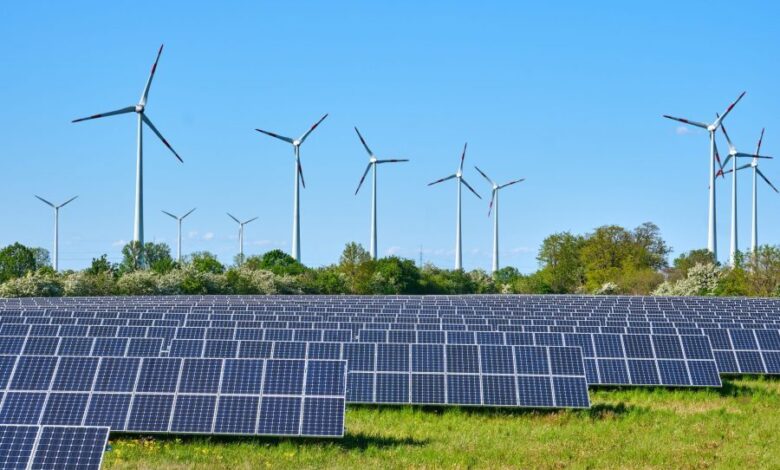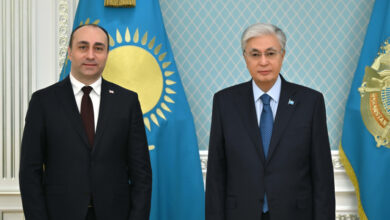
A delegation of leading Uzbek analytical centers met with the director of the State Agency for Alternative and Renewable Energy Sources of Azerbaijan, Javid Abdullayev, in Baku, Turanews.kz reports.
The meeting was attended by representatives of the International Institute of Central Asia (ICA), the Center for Economic Research and Reforms (CEIR), the Institute for Macroeconomic and Regional Studies (IMRI), the Institute for Strategic and Interregional Studies (ISRS), and the Information and Analytical Center for International Relations under the Ministry of Foreign Affairs of Uzbekistan (IACMO).
The two sides discussed the strategies implemented in their respective countries to transition to alternative and renewable energy sources, as well as the prospects for cooperation between Uzbekistan and Azerbaijan in this area.
Abdullayev stressed that the State Agency for Alternative and Renewable Energy Sources of Azerbaijan is interested in establishing close cooperation with Uzbekistan in the field of renewable energy, including solar, wind, and hydropower. He also expressed interest in cooperation in the development of “green” hydrogen, which is a clean and sustainable fuel that can be produced from renewable energy sources.
The Uzbek delegation said that they were open to cooperation in renewable energy and expressed interest in learning more about Azerbaijan’s experience in this area. They also said that they would like to explore the possibility of joint projects between Uzbekistan and Azerbaijan in renewable energy.
The meeting concluded with a commitment to continue discussions and explore ways to strengthen cooperation between Uzbekistan and Azerbaijan in the field of renewable energy.
The meeting is a sign of the growing interest in renewable energy in Central Asia. Both Uzbekistan and Azerbaijan have ambitious plans to increase their use of renewable energy in the coming years. Cooperation between the two countries could help them achieve their goals and make a significant contribution to the fight against climate change.



